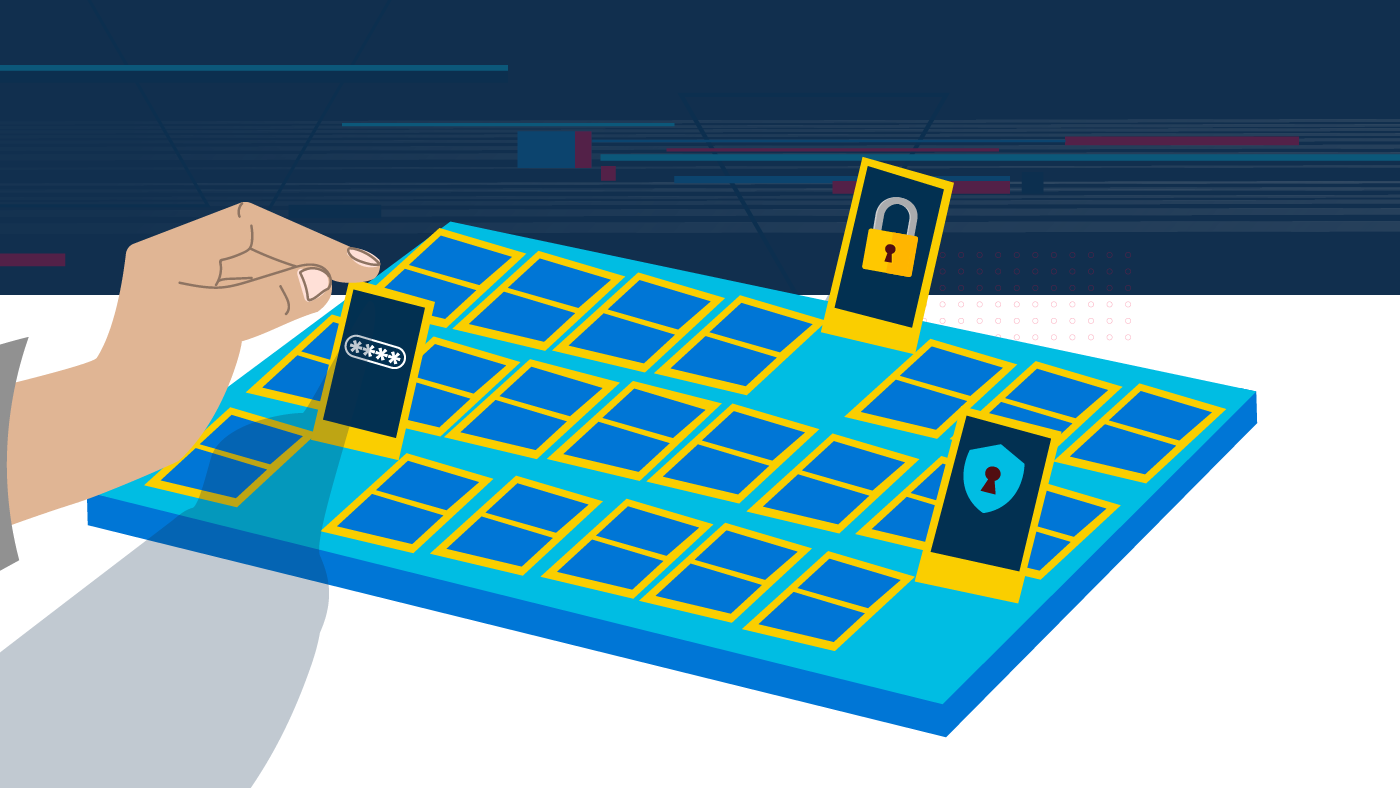If you’re like many Americans, you spend time on social media almost every day. Posting, engaging, maybe just browsing. Unfortunately, any of these activities make you a target for scammers. And being a Veteran or family member makes you an even bigger target; it doesn’t matter which social media platforms you use.
So how can you protect yourself? Read on to find some helpful tips and warning signs.
Social media scams, fraud and phishing are common
According to the Federal Trade Commission (FTC), 25 percent of fraud victims in 2021 reported falling for scams or phishing that started on social media platforms. Phishing occurs when a scammer impersonates a loved one, friend or credible organization to trick you into providing sensitive or financial information.
Alarmingly, the FTC expects that social media phishing will increase. Because social media platforms make it easy to find people and groups, phishers use them to identify and target potential victims. For example, you could be targeted for sharing your military service or employment history on Facebook. By practicing several simple rules, you can protect yourself.
Tips and steps to follow
VA’s Office of Information and Technology recommends the following tips when using social media:
- Never share sensitive or financial information in social media messaging or posts, including direct messages.
- If you’re following a link or ad, check the site’s security. Look for “https://” at the start of the website address.
- Enable multi-factor authentication on all your accounts to keep them safe from hacking. For example, when logging onto Facebook or other social media platforms, you can select a code to be sent to your email or phone number for additional security.
- Limit the personally identifiable information (such as your date of birth, home address, social security number, etc.) on your account. Remember: the less information, the better.
Phishers especially love targeting Veterans for their government-provided aid and benefits. Sharing your military service or employment information online makes it easier for phishers to find you. Beware, phishers will attack in a variety of ways:
- Fake advertising. Phishers will create fake charity ads during natural disasters to fraudulently collect Veteran information.
- Phishers create fake accounts and personas to steal sensitive information through false romantic interest.
- Hijacking social media accounts. Hackers can take control of loved ones’ social media accounts and send messages through the platform to phish your information.
If you think your information has been compromised, you can submit the incident to your local police department and file a report with the FTC at ReportFraud.ftc.gov. If financial information has been exposed, you should monitor your financial accounts for unauthorized charges and immediately report them to your financial institution.
Track the latest phishing attacks so you know what to expect; for example, monitor resources such as:
Visit the Cybercrime Support Network for additional resources to help Veterans, service members and their families combat cybercrime.
Topics in this story
More Stories
Online dating can be dangerous for Veterans, especially as romance scams become more prevalent.
VA Privacy Service and Office of Information Security want to share with Veterans the importance of understanding privacy and security versus convenience and how to best protect their personal information.
In recognition of "Data Privacy Week and Identity Theft Awareness Week," which takes place Jan. 27-31, 2025, VA wants to remind you about the importance of protecting your personal information and data with tips from VA cybersecurity and privacy experts and the Federal Trade Commission (FTC).






I need some help against the predatory mortgage company it stems back to last year over 4th of July they took two payments out of my checking account had no authorization to do that they no longer have access to that unless I make a one-time payment in April they claimed that I didn’t have homeowners insurance so they were going to put my insurance in this girl and they did that through my insurance company just because they’re omnipotent or whatever their company doesn’t communicate with each other I should have got two month deferment at the end of last year after paying them $3,000 to catch up on my mortgage at one point in time they wouldn’t like me let me make a payment so I couldn’t do anything to pay them well they screwed up my insurance for a couple months and I had to make two payments to my insurance company and get it back in my control they also sent me a letter saying they sold my loan and they wouldn’t give me any information as to who it was that bought it and who I can make a payment to they deny that they sent me this letter saying that they sold my lawn and that was no longer their responsibility then they deny that they did that and they’re giving me a bill for late fees and NSF charge from last year where they put my checking account in jeopardy and I had $90 worth of fees I had to negotiate they’re still trying to get $25 for me for non-sufficient fees for neither for not receiving money fraudulently if they shouldn’t have tried to take what do I do about something like this they’re giving me problems again they’re talking about foreclosure on my home and saying that I’m behind because they led me to believe it there was no one I could send a payment to screwed up my insurance cost me $180 to reinstate that and they want $370 in late charges and penalties and it’s a $1,400 bill now that I’m getting sent in the mail and I did just make a payment and once I realized what they did they really screwed me over while I’ve been making payments and I have limited income and how do they get away with this stuff please enlighten me
Refinance with a well known mortgage company!
Good piece.
The “romantic interest” scam has happened to me twice on Twitter in the last two weeks. Thankfully, I figured it out before anything personal was shared.